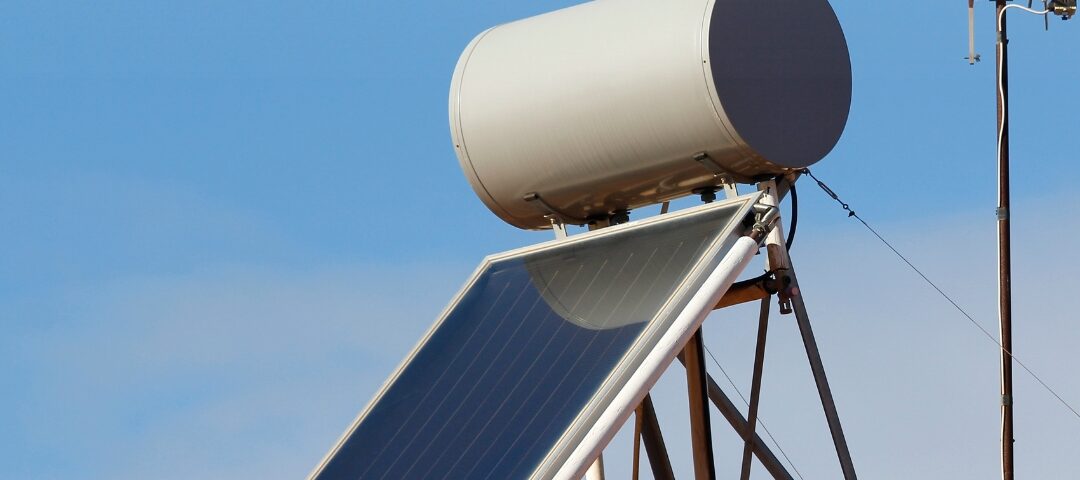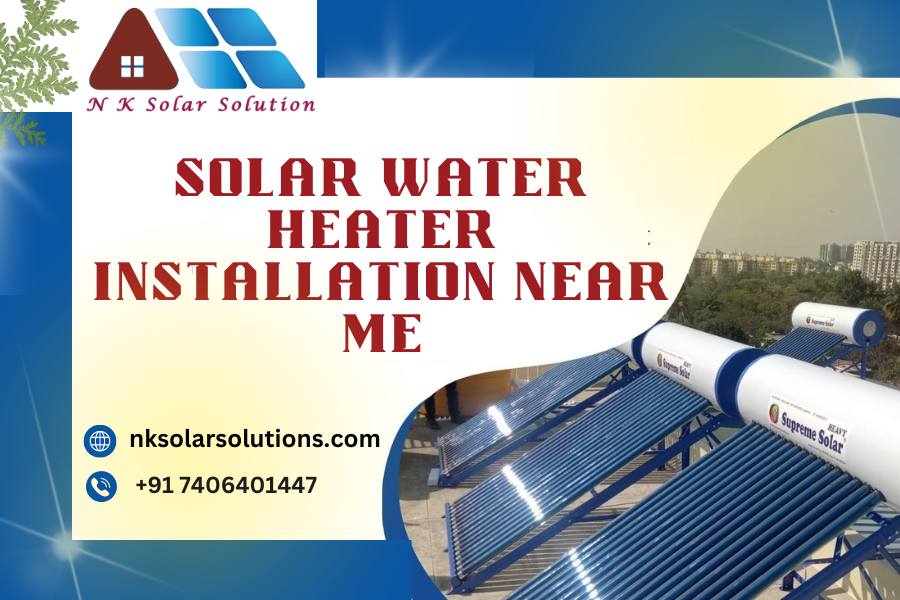Solar Water Heater Prices: A Comprehensive Guide to Understanding Costs

nk blog 2- soalr water heatre prices

In the pursuit of sustainable living and energy efficiency, solar water heaters have emerged as a popular choice for environmentally conscious homeowners. As more individuals seek to harness the power of the sun to meet their daily hot water needs, understanding the factors influencing solar water heater prices becomes crucial. This blog aims to shed light on the intricacies of solar water heater pricing, exploring the considerations that impact costs and the long-term benefits of this eco-friendly investment.
Factors Influencing Solar Water Heater Prices:
System Type:
Solar water heaters come in two main types – active and passive. Active systems, which include both direct and indirect circulation systems, tend to be more expensive due to the inclusion of pumps and controllers. Passive systems, on the other hand, are simpler and more affordable as they rely on natural convection for water circulation.
Collector Type:
The collector is a critical component of a solar water heating system. Flat-plate collectors are the most common and cost-effective, while evacuated tube collectors, though more efficient, often come with a higher price tag. The collector type significantly influences the overall solar water heater price.
Storage Capacity:
The size of the storage tank plays a vital role in determining the cost of a solar water heater. Larger storage tanks come at a higher price point but offer the advantage of storing more hot water, making them suitable for households with higher water consumption.
Brand and Quality:
The brand and quality of the solar water heater system can impact its price. Established and reputable brands may have higher upfront costs, but they often provide better performance, durability, and warranty assurances, making them a worthwhile investment.
Installation Costs:
The installation process involves labor, materials, and additional components like piping and insulation. The complexity of the installation, the location of the property, and the skills of the installer can all contribute to variations in installation costs.
Government Incentives:
Many governments offer incentives and rebates to encourage the adoption of solar energy systems, including solar water heaters. These incentives can significantly reduce the upfront costs, making solar water heaters more affordable for homeowners.
Long-Term Benefits of Solar Water Heaters:
Reduced Energy Bills:
Solar water heaters harness energy from the sun, reducing reliance on conventional energy sources. This can lead to substantial savings on monthly energy bills, especially in regions with abundant sunlight.
Environmental Impact:
By utilizing solar energy, homeowners contribute to a greener and more sustainable environment. Solar water heaters produce fewer greenhouse gas emissions compared to traditional water heating systems powered by fossil fuels.
Low Operating Costs:
Once installed, solar water heaters have minimal operating costs. The sun’s energy is free, making it a cost-effective solution in the long run. Additionally, routine maintenance is relatively simple and inexpensive.
Increased Property Value:
Homes equipped with eco-friendly features, such as solar water heaters, often experience an increase in property value. Potential homebuyers are increasingly considering sustainable features as desirable assets.
Conclusion:
In conclusion, embracing a solar water heater aligns with a commitment to sustainability. Despite initial costs, the enduring benefits, including energy savings and increased property value, make it a compelling choice. For personalized insights into Solar Water Heater Prices and eco-friendly options, contact reputable providers like NK Solar Solutions.

